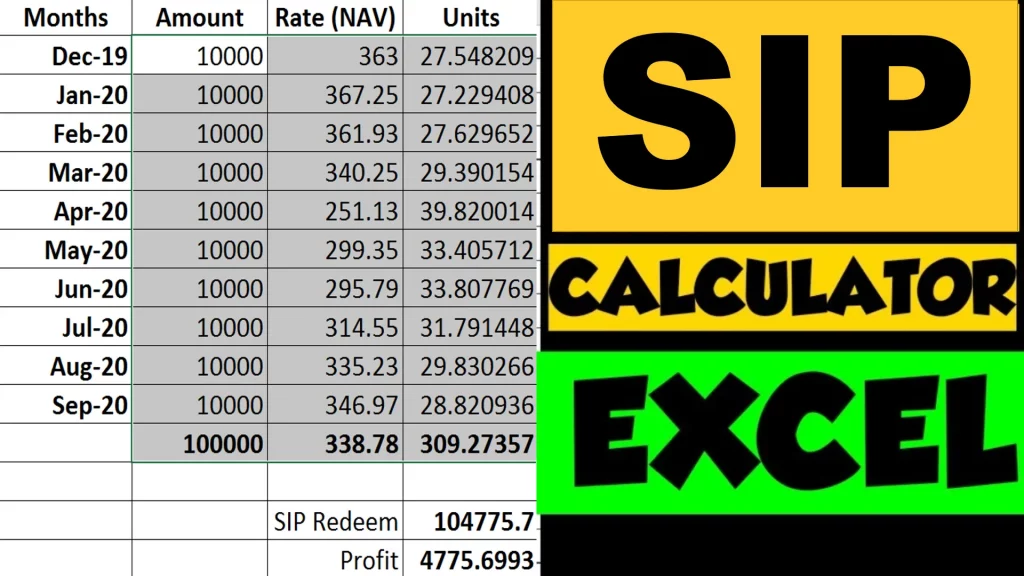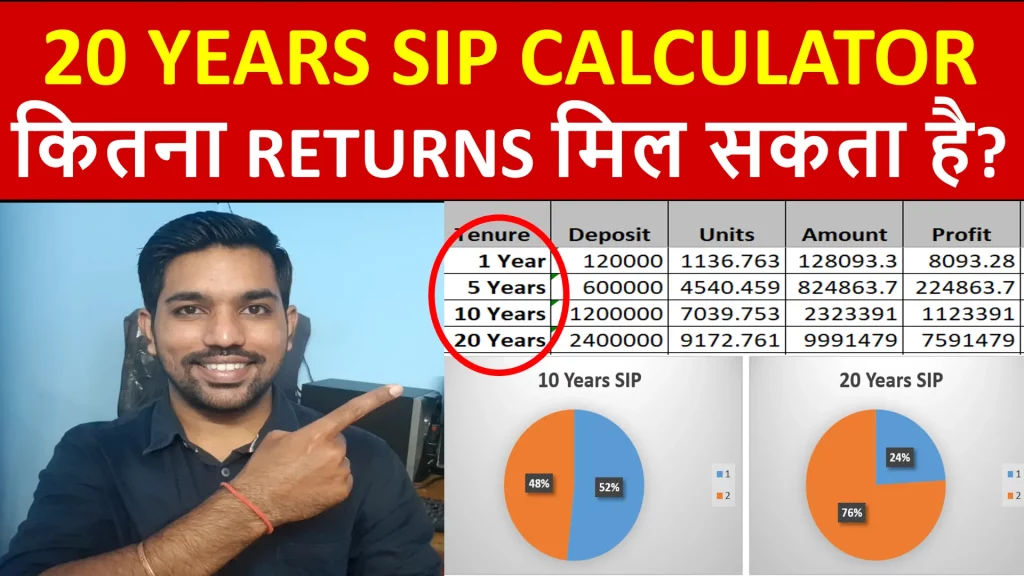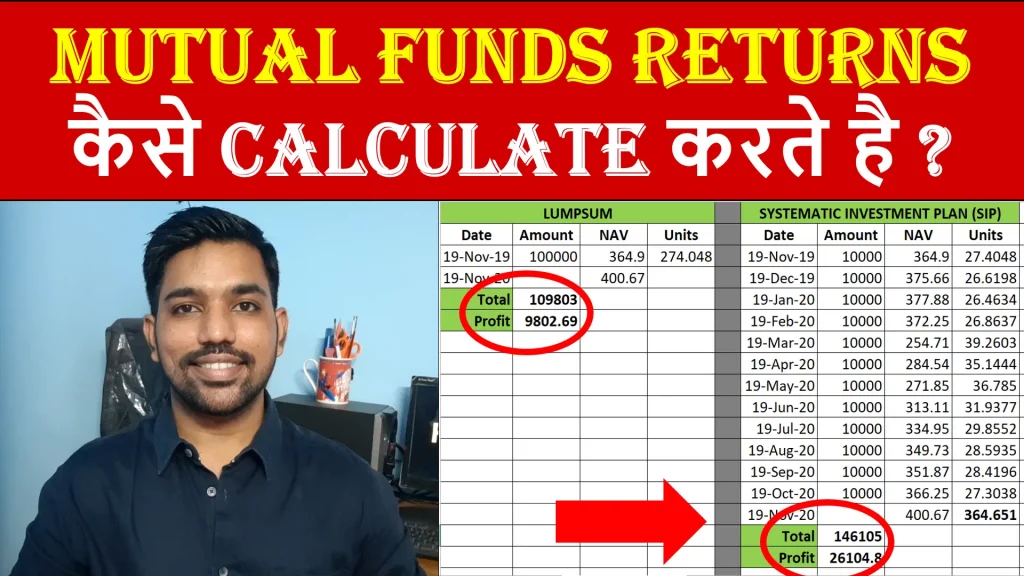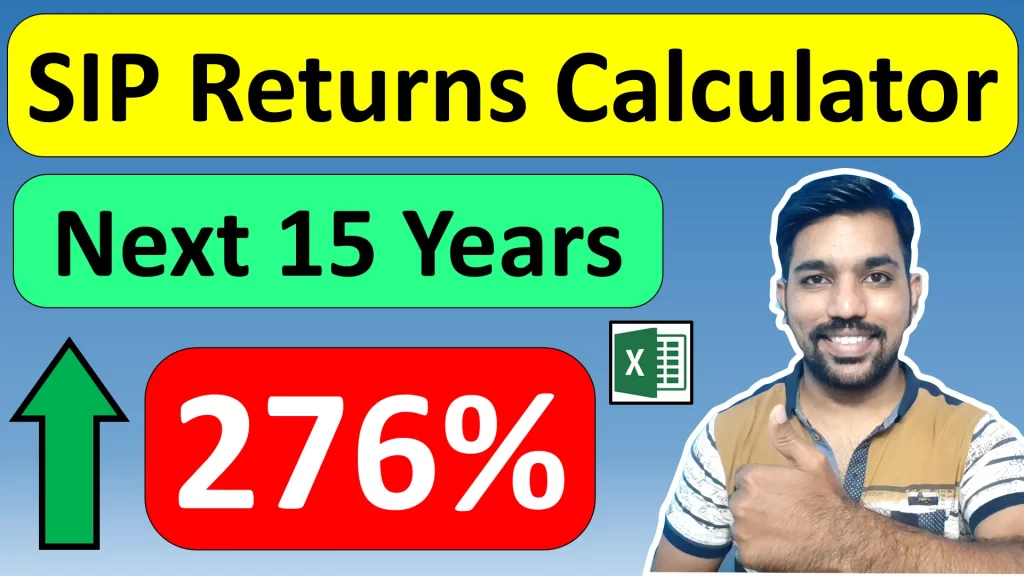Investing in the stock market can be a lucrative venture, but it’s essential to understand the costs involved. One of the primary expenses you will encounter is brokerage charges.
This article aims to provide a detailed guide to understanding brokerage charges in India, focusing on what they are, how they are calculated, and how to choose a broker.
Brokerage Accounts – The First Step
A brokerage account is your gateway to the world of investments and trading. It’s a financial account that allows you to buy and sell stocks, bonds, and other securities. Imagine it as your backstage pass to the dynamic world of investing.
In India, brokerage accounts have witnessed significant growth in recent years. With the increasing number of individuals keen on investing and trading, brokerage accounts have become a fundamental tool for financial success.
What are Brokerage Charges?
Brokerage charges are fees that stockbrokers charge for their services. These charges are not uniform and often vary from broker to broker. They also depend on the type of transactions you make. The brokerage fee usually ranges between 0.01% to 0.5% of the total value of the transaction.
Types of Brokers
Essentially, there are two types of brokers: Full-service brokers and Discount brokers.
- Full-Service Brokers
Full-service broker provide brokerage services along with features like market reports and advisory, customer service, and research.
The brokerage rate charged by these brokers is generally between 0.01 to 0.50% of the total volume of shares purchased for both intraday and delivery.
- Discount Brokers
Discount broker provide reduced broking charges known as fixed service. They make only trade transactions and do not offer any financial advice.
Discount brokers have a fixed fee for every trade made by their clients.
How are Brokerage Charges Calculated?
Brokerage calculations are based on a percentage of the total value of shares that are bought or sold. This applies to both intraday trading and delivery.
- Intraday Trading
Intraday Trading refers to the process where shares are bought and sold within the same day. The brokerage fee for intraday trading can range from 0.01% to 0.05% of the total volume or transaction amount.
- Delivery Trading
Delivery trading is when you decide to hold your stocks. You have the flexibility to hold onto your stocks in alignment with market trends for an indefinite period. Delivery charges can vary between 0.2% and 0.75% of the trading volume.
Other Applicable Charges
Apart from brokerage charges, there are several other charges that you need to be aware of:
- Exchange Charge: This is a fee charged by the stock exchange for trading on their platform.
- Clearing Charge: This is a fee charged by the clearing house for their services.
- Goods and Services Tax (GST): This is a tax levied by the government on the services provided by the broker.
- Securities Transaction Tax (STT): This is a tax that is levied on every purchase or sale of securities that are listed on the Indian stock exchanges.
- SEBI Charges: These are fees charged by The Securities and Exchange Board of India (SEBI) for its regulatory services.
- Stamp Duty: This is a tax collected on documents necessary to make them legally effective.
Minimum Brokerage Charges
Some full-service brokers impose a minimum brokerage charge. This means that even if your trade is small, you will pay a minimum fee. For example, if the minimum brokerage charge is ₹20 and your brokerage fee based on the percentage of the transaction value is ₹30, you will still pay ₹20. This is important to keep in mind, especially if you’re making small trades.
The above charges can vary depending on various factors such as the type of broker, type of transaction, etc. Also, some brokers may have additional charges not listed here.
Wrap Up
Understanding brokerage charges is crucial for anyone looking to invest in the stock market. It’s important to choose a broker that offers competitive rates and excellent service. Remember, while low brokerage charges are necessary, it’s also essential to consider the services offered by the broker.
If you are considering opening a demat account, Choice is a trusted name in the broking industry with over 25 years of experience in the finance domain. They provide services at competitive prices and prioritize excellent customer service.
Remember, investing in the stock market involves risks, and it’s important to do your research and understand all costs involved before diving in. Happy investing!
Use Popular Calculators:
- Income Tax Calculator
- Home Loan EMI Calculator
- SIP Calculator
- PPF Calculator
- HRA Calculator
- Step up SIP Calculator
- Savings Account Interest Calculator
- Lump sum Calculator
- FD Calculator
- RD Calculator
- Car Loan EMI Calculator
- Bike Loan EMI Calculator
- Sukanya Samriddhi Calculator
- Provident Fund Calculator
- Senior Citizen Savings Calculator
- NSC Calculator
- Monthly Income Scheme Calculator
- Mahila Samman Savings Calculator
- Systematic Withdrawal Calculator
- CAGR Calculator
I’d love to hear from you if you have any queries about Personal Finance and Money Management.
JOIN Telegram Group and stay updated with latest Personal Finance News and Topics.
Download our Free Android App – FinCalC to Calculate Income Tax and Interest on various small Saving Schemes in India including PPF, NSC, SIP and lot more.
Follow the Blog and Subscribe to YouTube Channel to stay updated about Personal Finance and Money Management topics.





